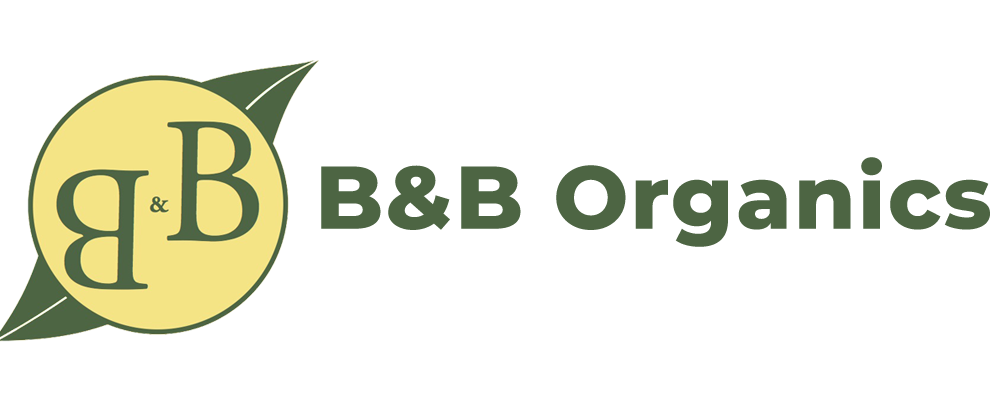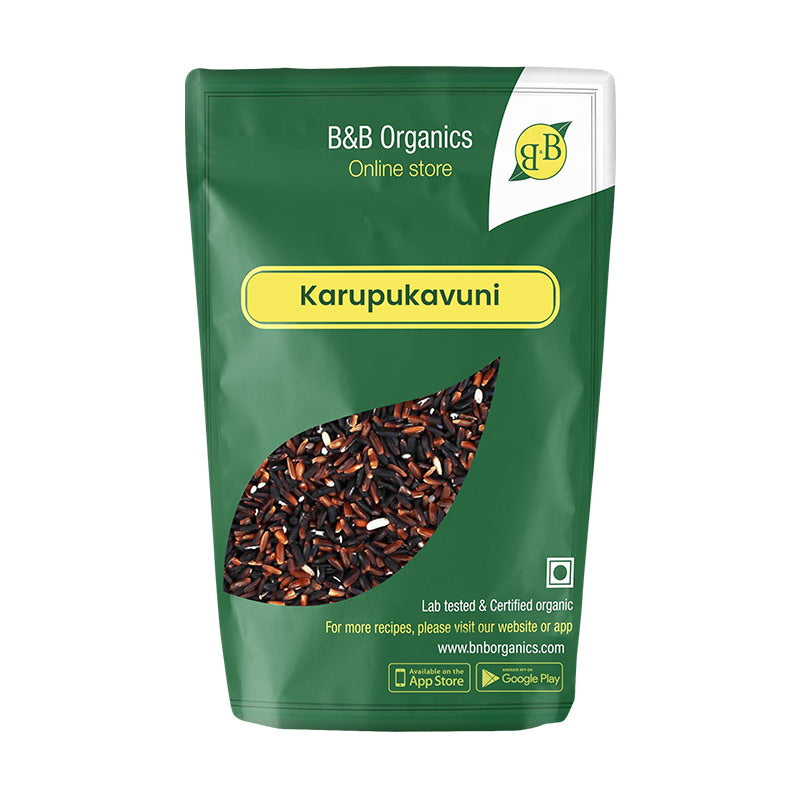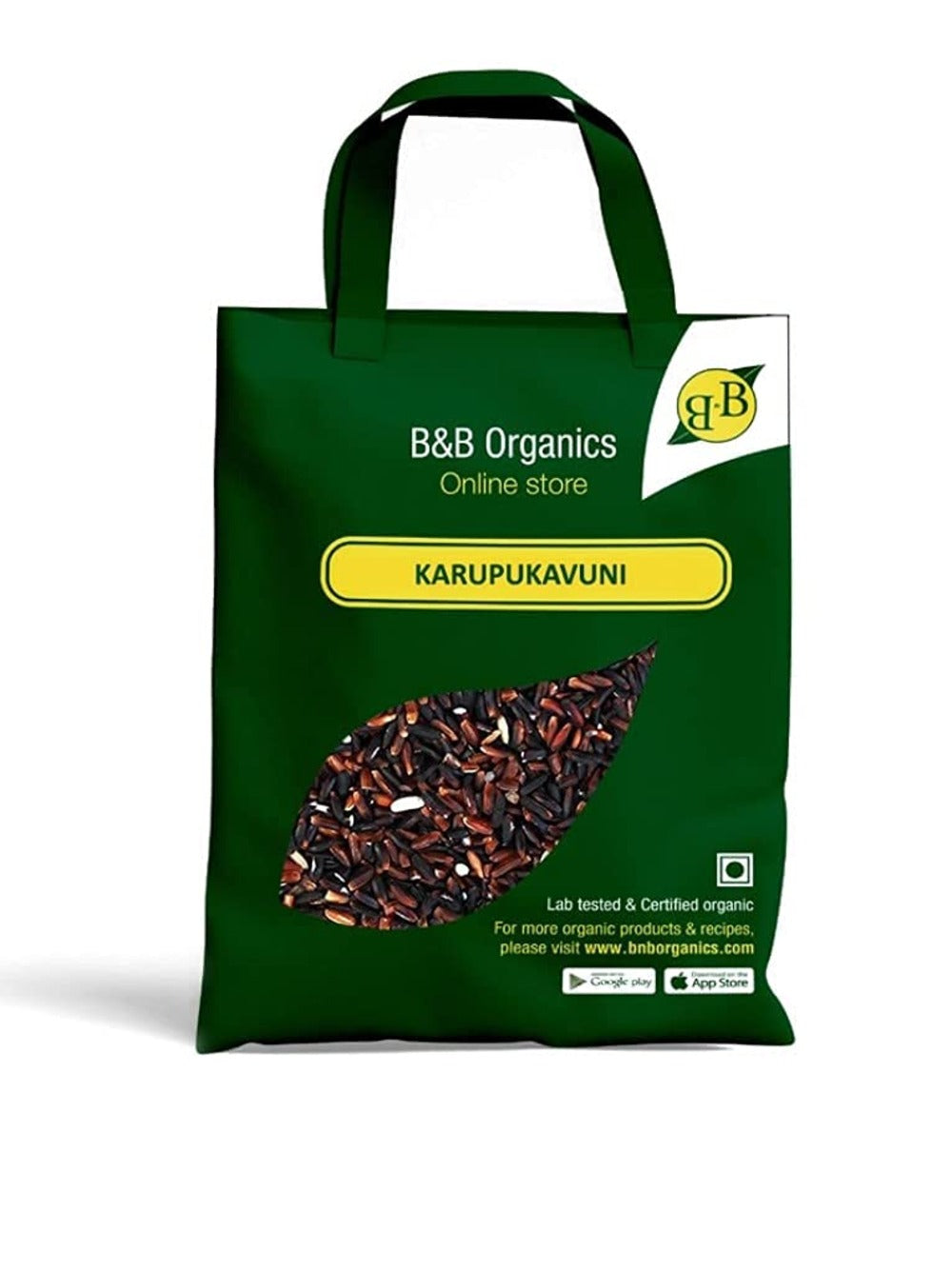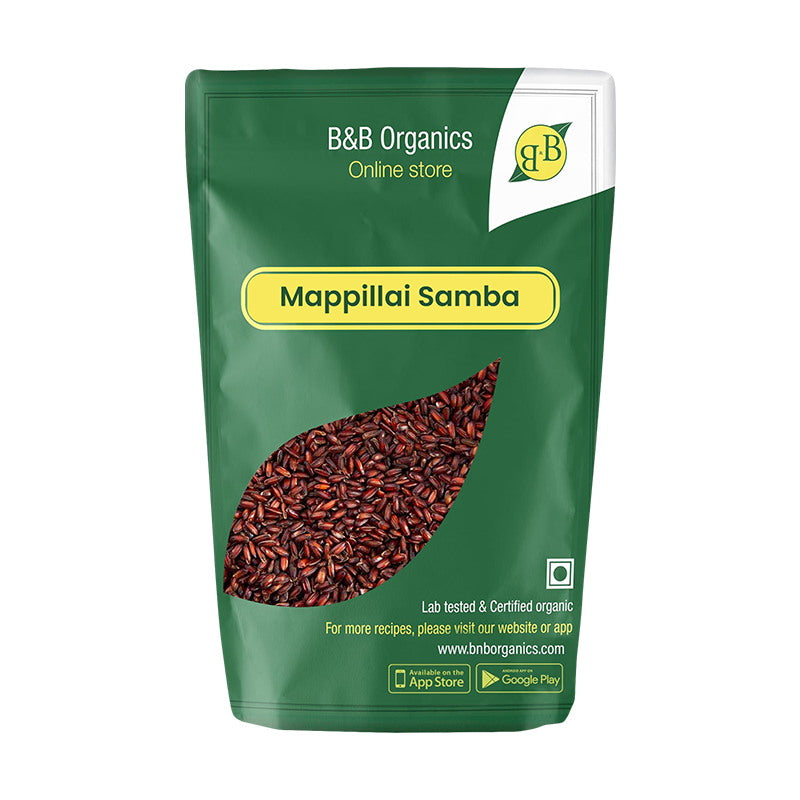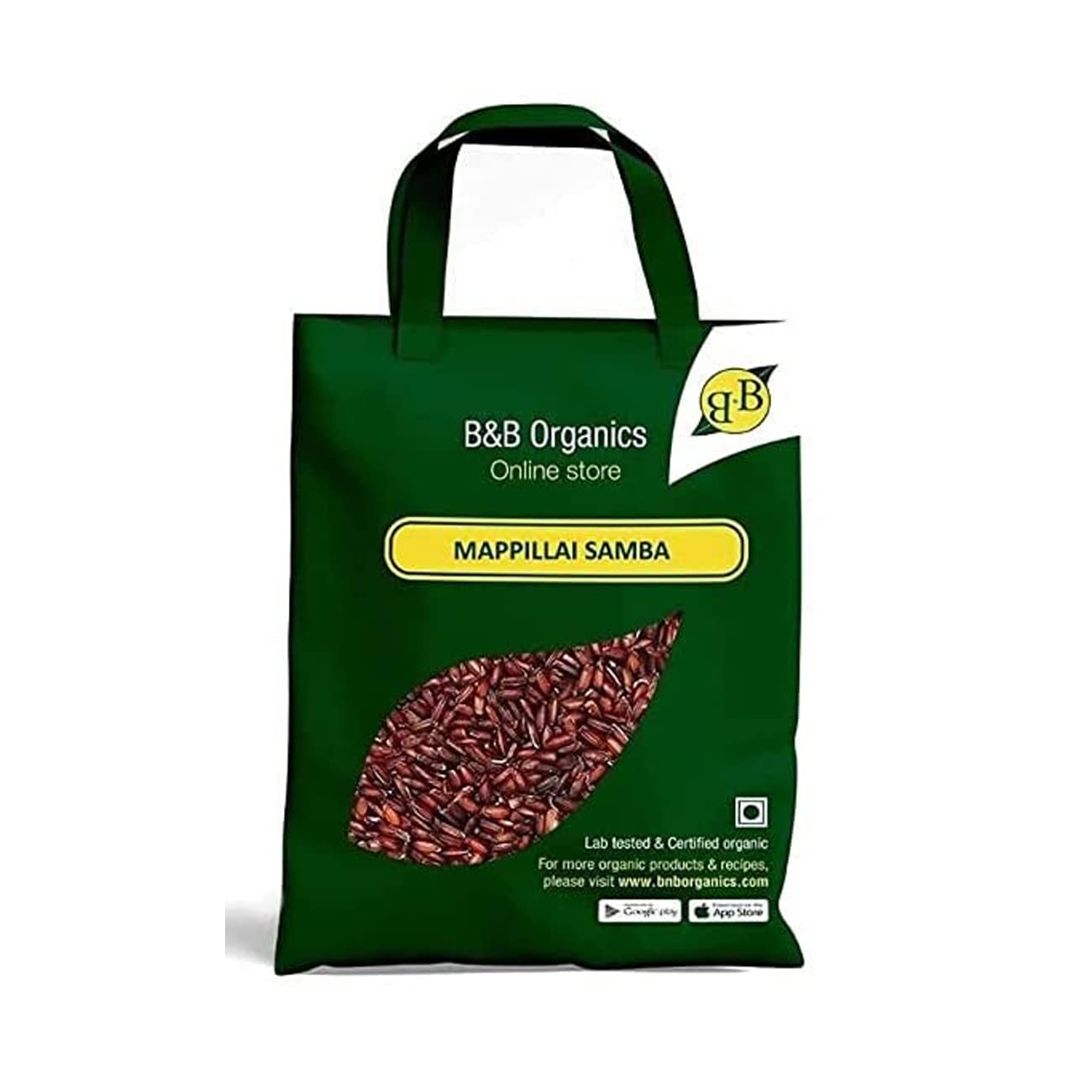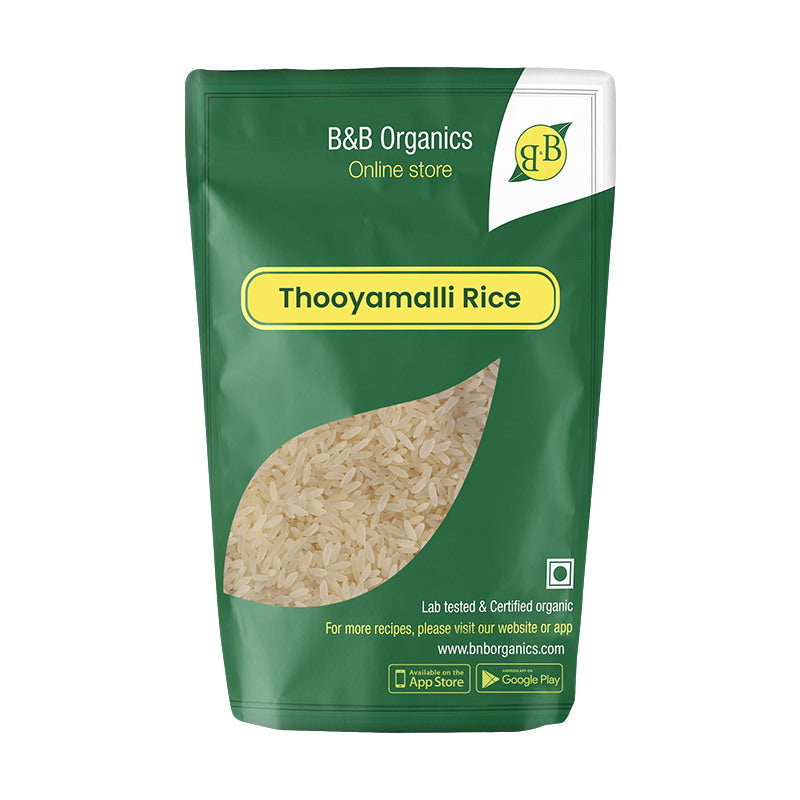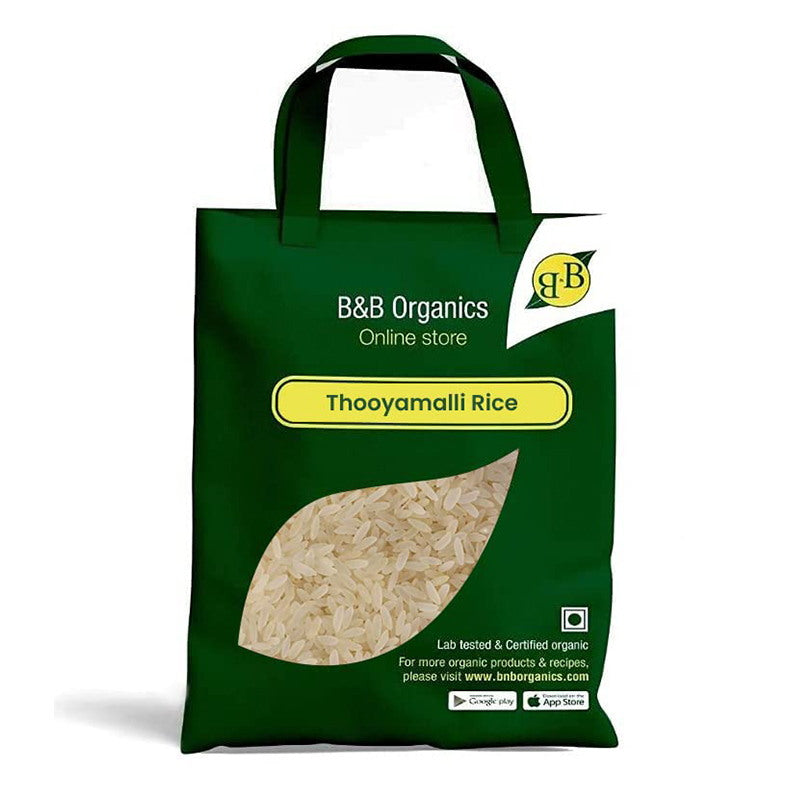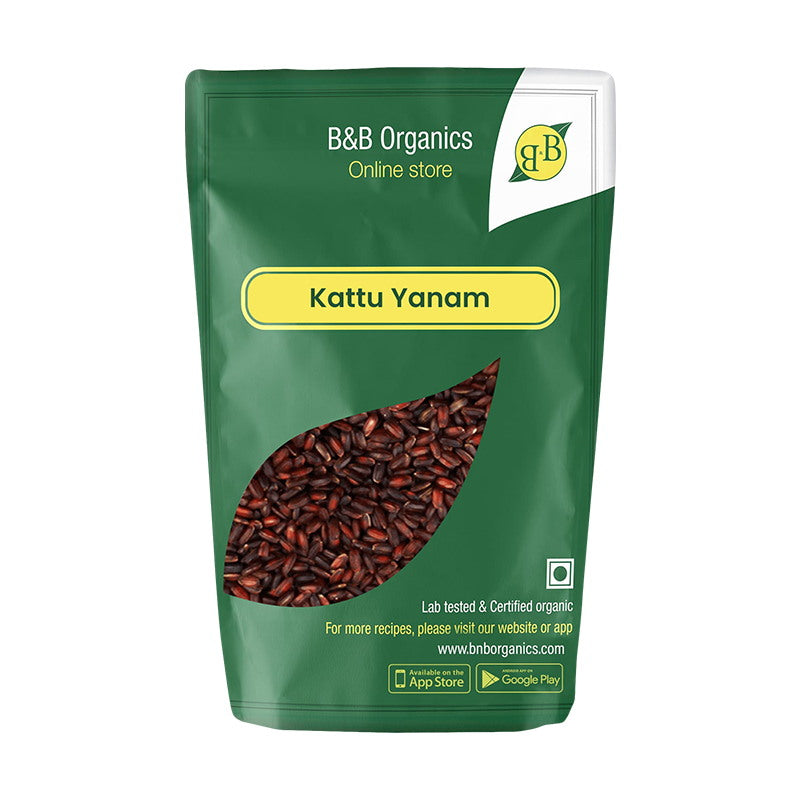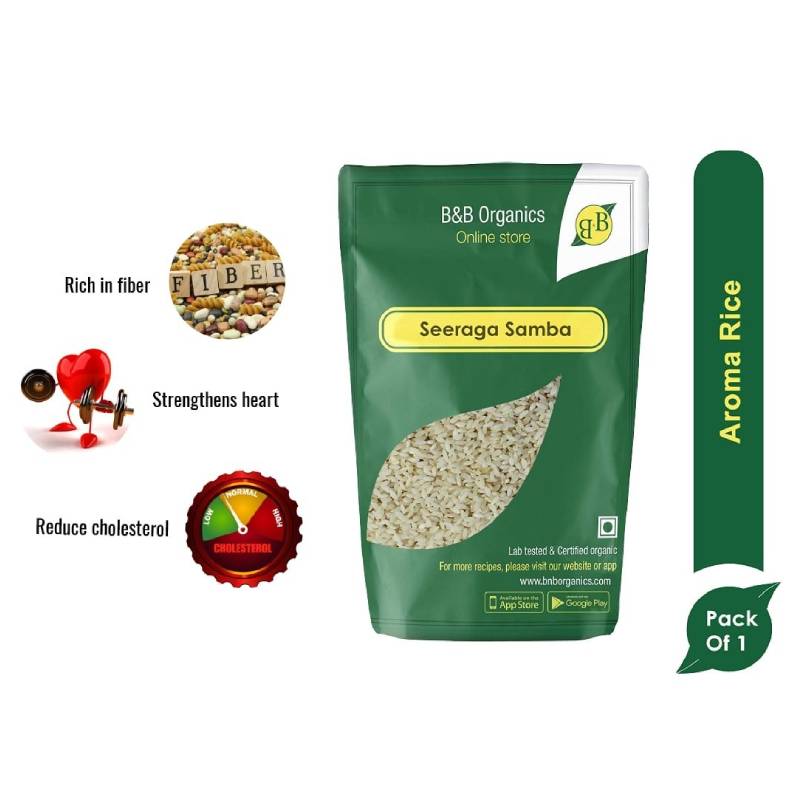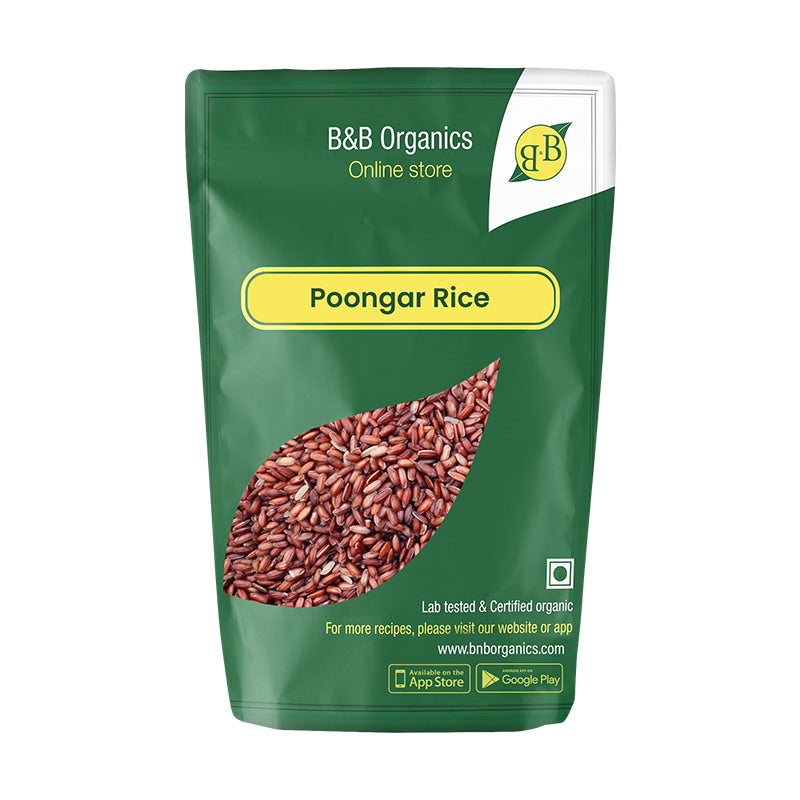What is healthier, sprouted or boiled moong dal? Are you trapped in the middle? We have a skilled nutritionist to assist you, so don't worry.
More than ever during the pandemic, diet is essential. We cannot overstate how

crucial it is to eat a well-balanced, protein-rich diet. Pulses and lentils are the first protein sources that spring to mind, particularly if you're a vegan. As well as every time, moong dal comes first!
What if you must pick between sprouted and boiled moong dal? It appears to be a difficult choice, does it not? To solve this issue, we have a famous nutritionist ready for you. Want to learn more?
Let's first analyse the nutritional content of moong dal. Moong dal also includes a good amount of antioxidants in addition to protein, carbs, and fibre. Antioxidants are essential for the regeneration of our body's cells, as everyone knows. Another factor to keep in mind is that moong dal contains very little fat, which makes it perfect for people trying to lose weight or manage their cholesterol.
Magnesium, potassium, iron, copper, as well as other nutrients are plentiful in it, making it the perfect diet for women to fight anaemia.
What about moong that has sprouted?

If you're seeking a vegan protein option, you should have heard your parents recommend sprouted dal. It ends out that they're totally accurate!
Well who prevails in the conflict of the moong dals?
Indeed, boiled moong dal tastes much better than sprouted moong dal. In contrast to the latter, it has no influence on your breath. But, boiling moong dal is not advised as it substantially reduces the dal's nutritional value relative to sprouting.
A further benefit of eating cooked dal is that it doesn't induce the same bloating and gas as consuming sprouted dal. The trick is to never boil it because it lowers the food's nutritional value by 50%. Boil the moong dal instead.
Sprouted moong can be prepared without losing much of its nutritional content through being boiled for 5-10 mins.
